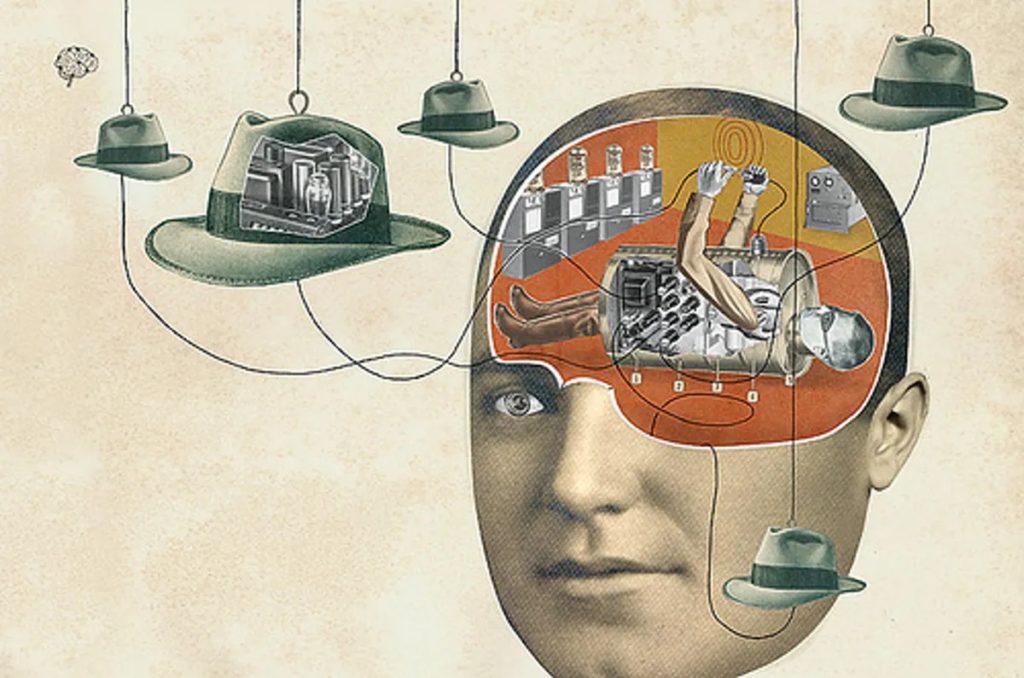(P3) Human enhancements can constitute and/or give rise to transformative experiences.
The article can be accessed in its entirety via Open Access here. The conclusion we draw is that (C) it can in some cases be in principle impossible for an agent to make the normatively rational decision to enhance oneself.

is being considered by the choosing agent;
The human enhancement debate has over the last few decades been concerned with ethical issues in methods for improving the physical, cognitive, or emotive states of individual people, and of the human species as a whole. Arguments in favour of enhancement, particularly from transhumanists, typically defend it as a paradigm of rationality, presenting it as a clear-eyed, logical defence of what we stand to gain from transcending the typical limits of our species.
Written by David Lyreskog
(P1) Any choice is only normatively rational if sufficient substantial information
(P2) Transformative experiences by definition are such that sufficient substantial information cannot be accessed before making a decision leading to having that experience;
If these arguments are correct, it appears that we should in principle be able to make the rational and informed decision to enhance ourselves.
In a paper recently published in Science and Engineering Ethics, however, Dr. Alex McKeown and I argue that a rational and informed choice to enhance oneself may be impossible if the enhancement gives rise to a ‘transformative experience’(LA Paul, 2014). Our argument rests on three premises:

